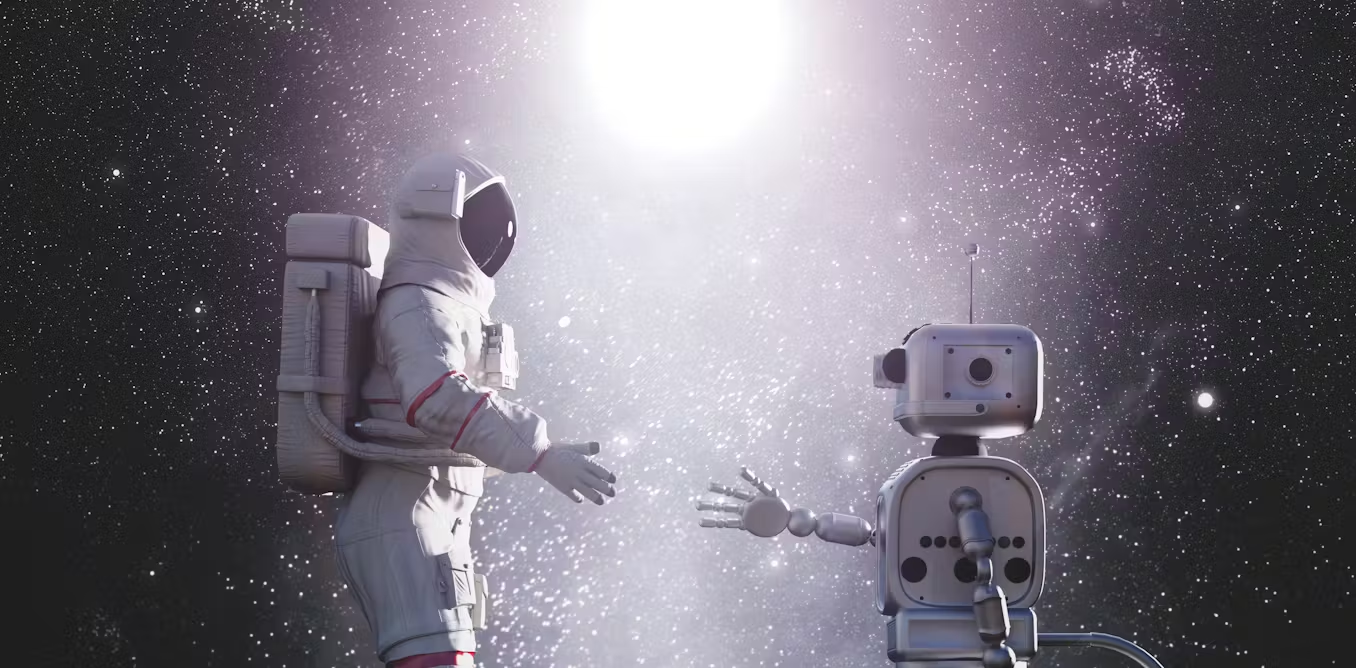
Artificial Intelligence (AI) is transforming space exploration, enabling space agencies like NASA, ESA, and SpaceX to push the boundaries of discovery. From analyzing vast amounts of cosmic data to assisting autonomous spacecraft, AI is playing a critical role in advancing our understanding of the universe.
The universe generates an enormous amount of data from telescopes, satellites, and space probes. AI-driven algorithms help process and analyze this data more efficiently, allowing scientists to:
Deep space missions require spacecraft to operate independently due to communication delays with Earth. AI enables spacecraft to:
A real-world example is NASA’s Perseverance Rover, which uses AI for autonomous navigation on Mars, reducing reliance on direct human control.
AI is helping scientists analyze signals from space to detect possible signs of extraterrestrial life. Machine learning is used in projects such as:
AI will be instrumental in upcoming missions, including:
AI is not just a tool for space exploration—it is becoming an essential partner in humanity’s quest to explore and understand the universe.
AI is revolutionizing space exploration, making it possible to analyze cosmic data faster, navigate spacecraft autonomously, and even search for extraterrestrial life. As space agencies and private companies push the boundaries of deep space missions, AI will continue to play a vital role in enabling more efficient, autonomous, and intelligent exploration.
From helping rovers navigate the Martian surface to detecting signals from distant galaxies, AI is not just enhancing space exploration—it is redefining what is possible. As technology advances, AI will be at the core of future missions, paving the way for lunar bases, Mars colonization, and interstellar travel. The next frontier of space exploration will not only be driven by human curiosity but also by the intelligence of AI.
